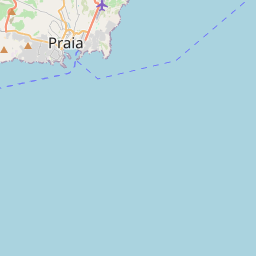Cape Verde, Praia
Updated: 2024-09-07
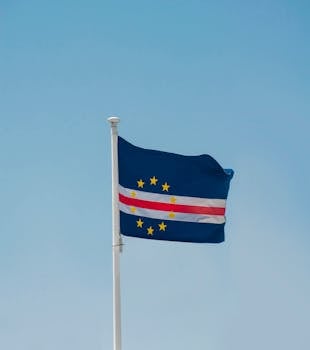
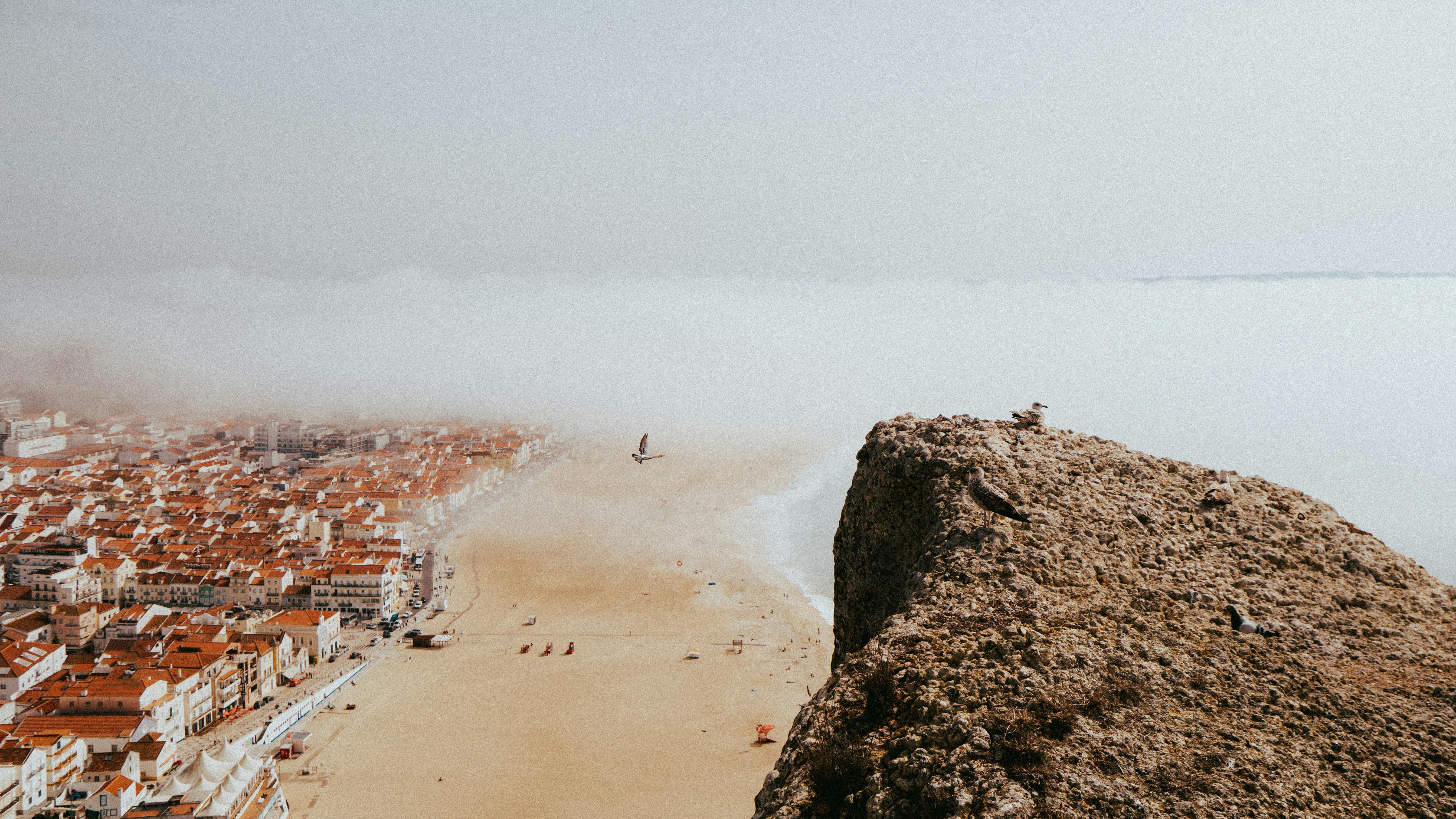
About
The currency used in Praia is Cape Verdean escudo.
Residents of Cape Verde: 550,000.
Residents of Praia: 150,000.
Languages
Portuguese (Main language)
The official language of Cape Verde and widely spoken in formal settings like government and media.
Cape Verdean Creole
Most commonly spoken language in daily conversations, preferred by locals.
Cost of living
What to do
To be aware of
Climate
Must visit places
Mercado de Sucupira
4.5 out of 5 rating
A bustling market where you can immerse yourself in local culture, buy souvenirs, and taste Cape Verdean street food.
Located at Avenida Amílcar Cabral, Praia
Checking link...
Quebra Canela Beach
4.7 out of 5 rating
A popular beach in Praia known for its soft sand and clear waters, ideal for swimming and sunbathing.
Located at Praia, Santiago Island
Prices: Free
Checking link...
Presidential Palace
4.3 out of 5 rating
The official residence of Cape Verde's president, showcasing beautiful colonial architecture.
Located at Rua 5 de Julho, Praia
Prices: Free
Checking link...
Instituto Internacional de Arte
4.2 out of 5 rating
A contemporary art center featuring works from local and international artists.
Located at Plateau, Praia
Checking link...
Cidade Velha
5 out of 5 rating
A UNESCO World Heritage Site, and the first colonial settlement in the tropics with historic significance.
Located at Ribeira Grande de Santiago, Cape Verde
Checking link...
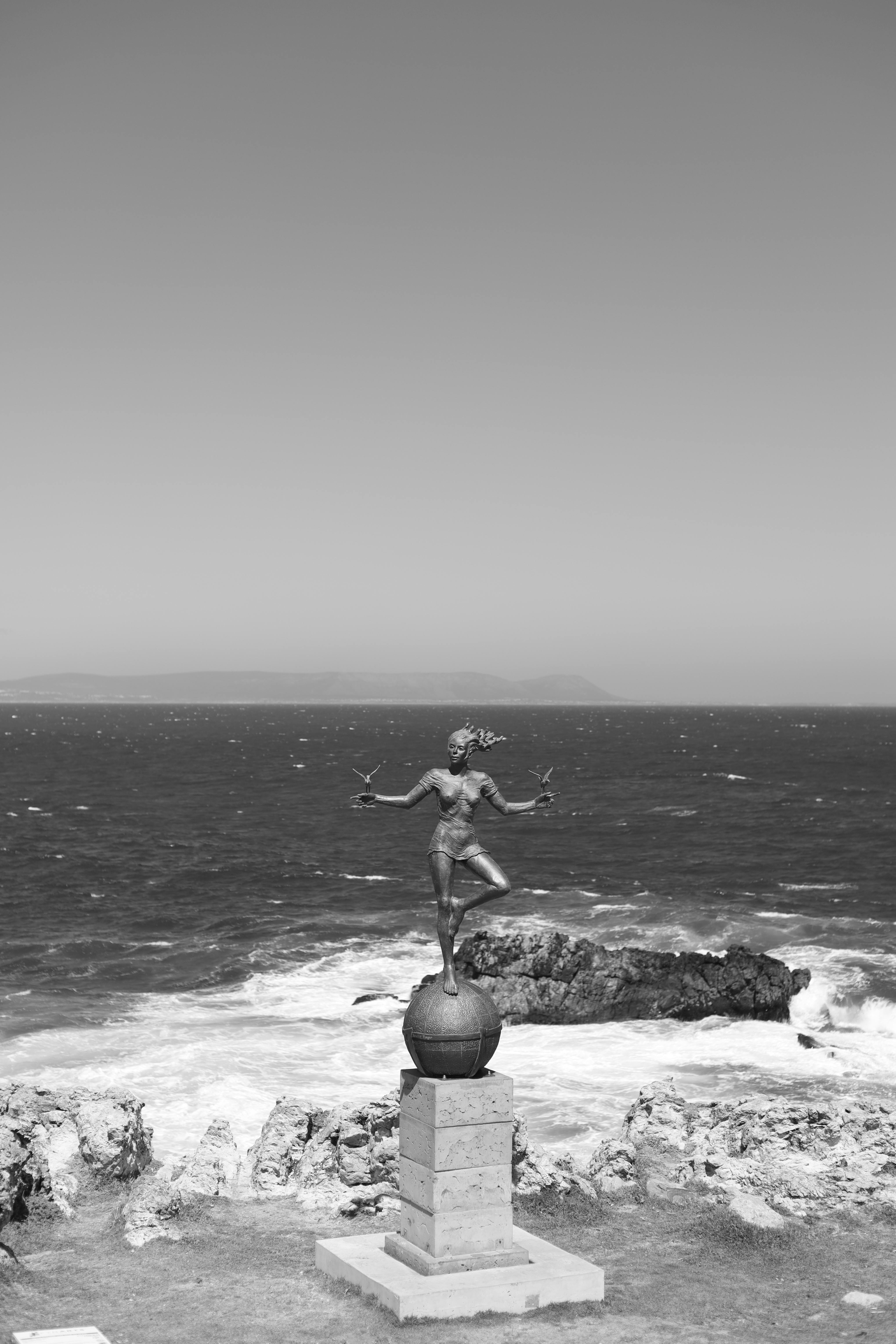
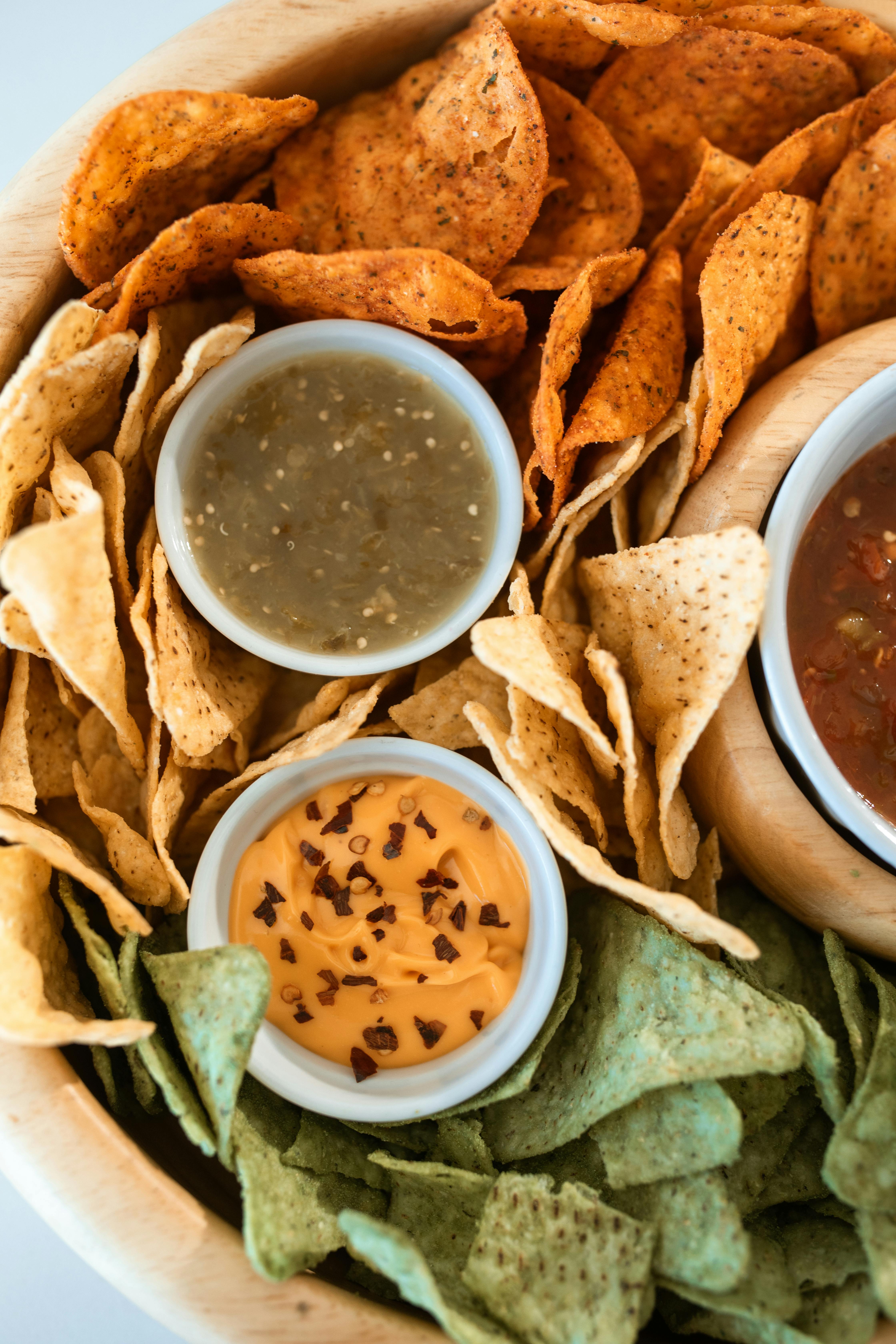
Food in Praia
Food prices
Must visit restaurants
Cachupa Delights
4.8 out of 5 rating
Experience the rich flavors of Cape Verde with traditional cachupa and a variety of local dishes in a vibrant setting that embodies the island's culture.
Located at Rua Serpa Pinto 23, Praia, Cape Verde
Checking link...
Paradise Plates
4.6 out of 5 rating
With a scenic ocean view, Paradise Plates serves a fusion of Creole and international cuisines, perfect for a romantic dinner or a family gathering.
Located at Avenida Cidade Lisboa, Praia, Cape Verde
Checking link...
The Blue Crab
4.5 out of 5 rating
Savor the freshest seafood prepared with local herbs and spices. The Blue Crab offers a cozy atmosphere that's perfect for seafood lovers.
Located at Rua 5 de Julho 14, Praia, Cape Verde
Checking link...
Spices Bistro
4.2 out of 5 rating
A vegetarian and vegan haven in Praia, Spices Bistro sources local organic produce to craft flavorful and healthy meals.
Located at Rua do Coco 21, Praia, Cape Verde
Checking link...
Praia Pizzeria
4.7 out of 5 rating
For a taste of Italy in Cape Verde, Praia Pizzeria offers wood-fired pizzas with a local twist, using fresh, authentic ingredients.
Located at Rua Andrade Corvo 15, Praia, Cape Verde
Checking link...
Public transportation
Prices
Airport
Shopping
Shopping Prices
Animals and nature
Religion
Tourism and locals
Nightlife scene
Art, Culture and Architecture
Find Upcoming Events
Checking link...
Checking link...
Checking link...
Hotels
Prices
Five facts about Praia
1. Praia means beach in Portuguese, quite fitting for a city with stunning coastlines.
2. Cape Verdean cuisine includes 'catch-of-the-day' dishes, and you can literally watch your meal being caught off the coast.
3. Praia's vibrant murals serve almost like a public art gallery spread throughout the streets.
4. Locals often use the phrase 'No Stress' highlighting the city's laid-back and relaxing vibe.
5. Praia has a unique currency, the Cape Verdean Escudo, not widely available outside the country, making it a collector's item for tourists.
Frequently asked questions
What is the best time of year to visit new destinations?
The best time to visit a destination depends on its climate and your preferences. Generally, spring and fall offer pleasant weather and fewer tourists, while summer may bring larger crowds and higher prices. Always check for seasonal events and holidays.
How can I find the top attractions in a city?
You can find the top attractions by checking travel guides like Cityexplorer.io, blogs, or apps like TripAdvisor. Our website offers curated lists of popular landmarks, cultural sites, and hidden gems for each city.
How do I get around a city?
Most cities offer public transportation options like buses, subways, or trams. Taxis, rideshare services, and bike rentals are also common. Some cities are walkable, making it easy to explore on foot.
How can I stay safe while traveling abroad?
To stay safe while traveling abroad, research your destination in advance to understand local customs and any potential risks. Keep your valuables secure, stay aware of your surroundings, use reliable transportation, and avoid risky areas, especially at night. It's also wise to register with your embassy if possible.
What should I pack for a city trip?
Pack comfortable walking shoes, appropriate clothing for the weather, a travel adapter (if needed), a reusable water bottle, and any personal items like medications. For international travel, don’t forget important documents like your passport and travel insurance.
How can I stay safe while traveling?
To stay safe, research the city beforehand, avoid unfamiliar areas at night, and keep your valuables secure. Use reputable transportation services, and always have a backup plan for communication, such as a local SIM card or Wi-Fi access.
How can I stay healthy while traveling?
To stay healthy while traveling, practice good hygiene, such as frequent handwashing and sanitizing. Stay hydrated, eat balanced meals, and get enough rest. If necessary, consult a healthcare provider about vaccinations or medications required for your destination.
How can I ensure my accommodation is safe?
To ensure your accommodation is safe, read reviews from previous guests, choose reputable hotels or hostels, and check for security features such as locks, safes, and 24-hour front desks. Upon arrival, familiarize yourself with emergency exits and procedures.
Are language barriers an issue when traveling?
In major cities, many locals speak basic English, especially in tourist areas. However, learning a few key phrases in the local language can enhance your experience and help you navigate more easily.
How can I avoid tourist traps?
Avoid tourist traps by researching your destination and seeking recommendations from locals or travel communities. Opt for off-the-beaten-path attractions, authentic dining spots, and lesser-known neighborhoods.
What should I do if I lose my passport while traveling?
If you lose your passport while traveling, report the loss to local authorities and contact your country's nearest embassy or consulate immediately. They can assist with obtaining a replacement passport or emergency travel document.
Do I need travel insurance?
Yes, travel insurance is recommended to cover unforeseen events like medical emergencies, trip cancellations, or lost luggage. It’s a small investment that can save you from significant expenses while traveling.
What is the best way to exchange currency?
The best way to exchange currency is usually through local ATMs using your debit card, as they often offer competitive exchange rates. Avoid airport exchanges and currency kiosks, as they may charge high fees. Consider getting a travel credit card with no foreign transaction fees.
How can I manage jet lag effectively?
To manage jet lag, adjust your sleep schedule before you depart, stay hydrated, and avoid caffeine and alcohol. Upon arrival, try to get exposure to natural light, and consider taking short naps if needed. Gradually adjust to the local time to ease the transition.

